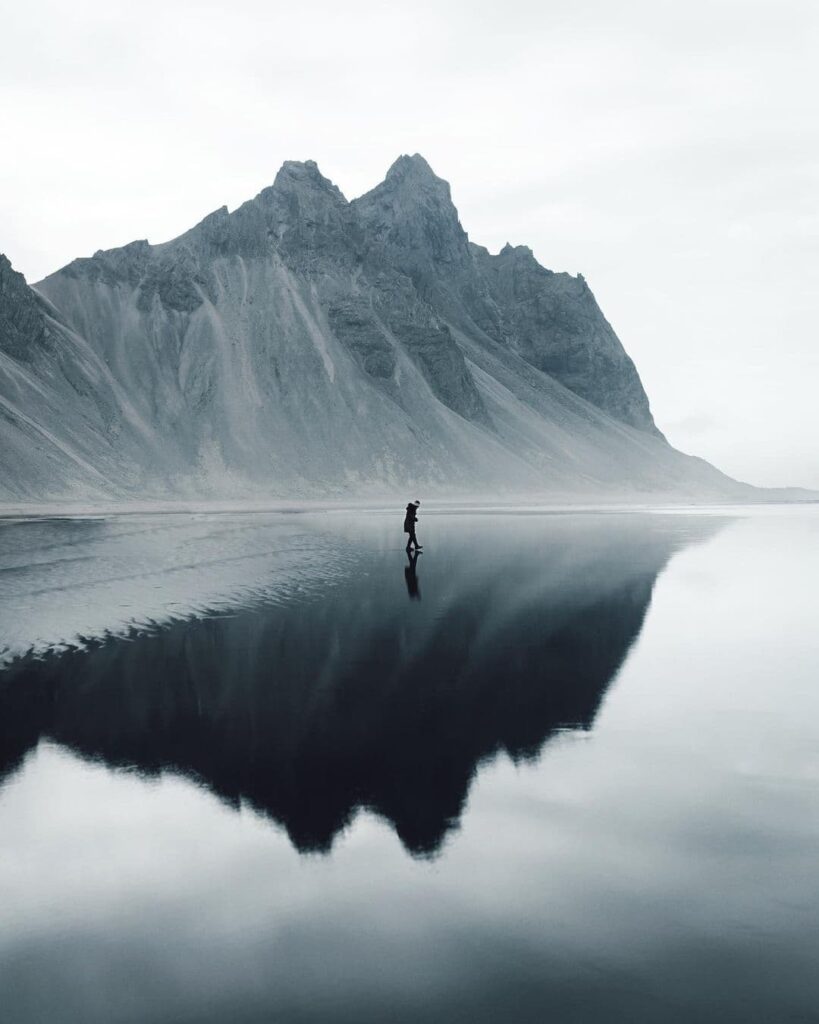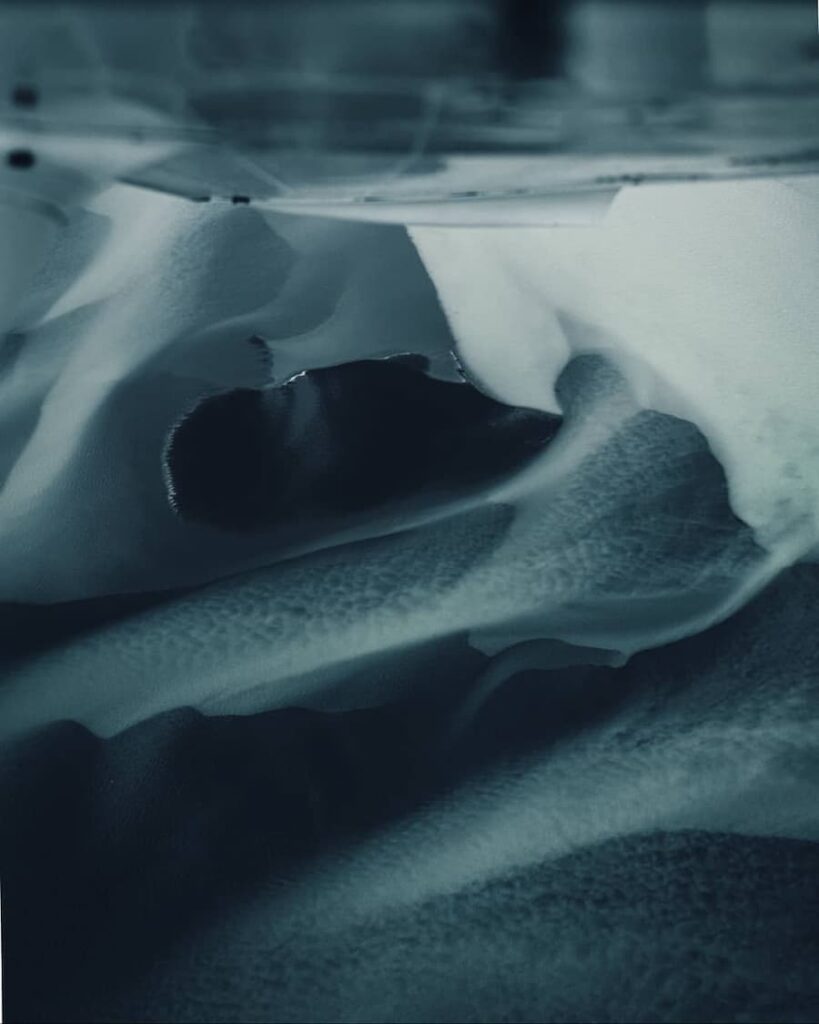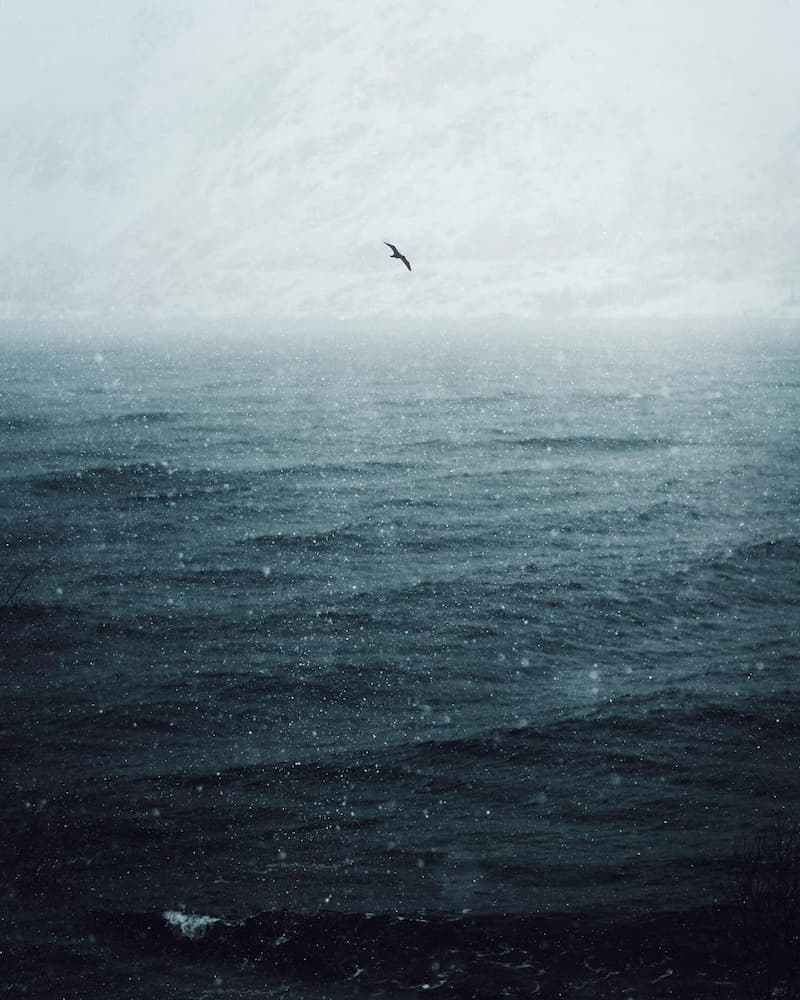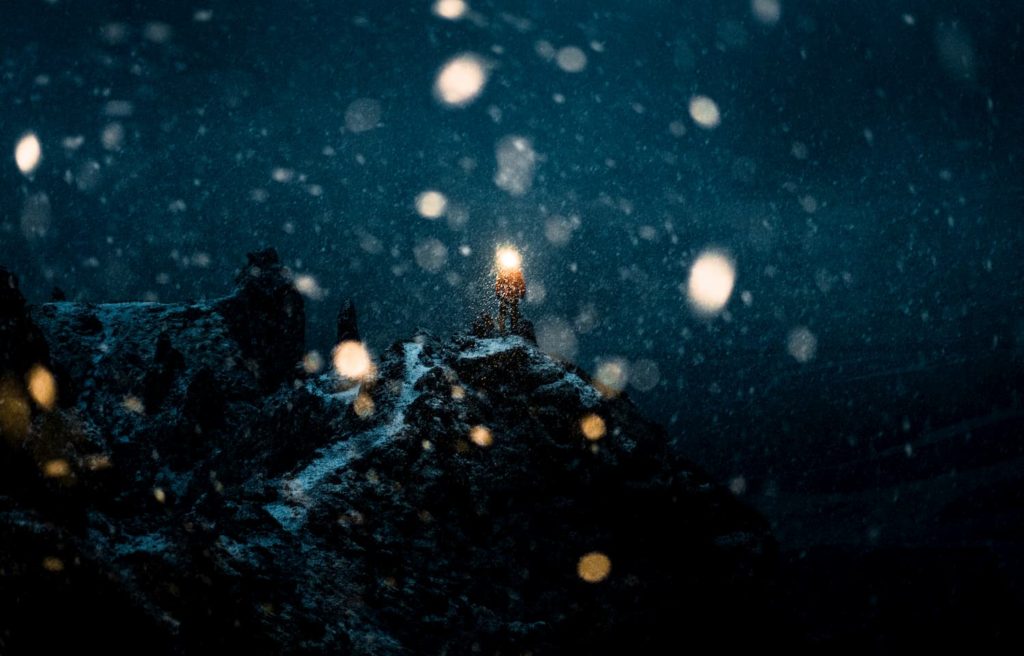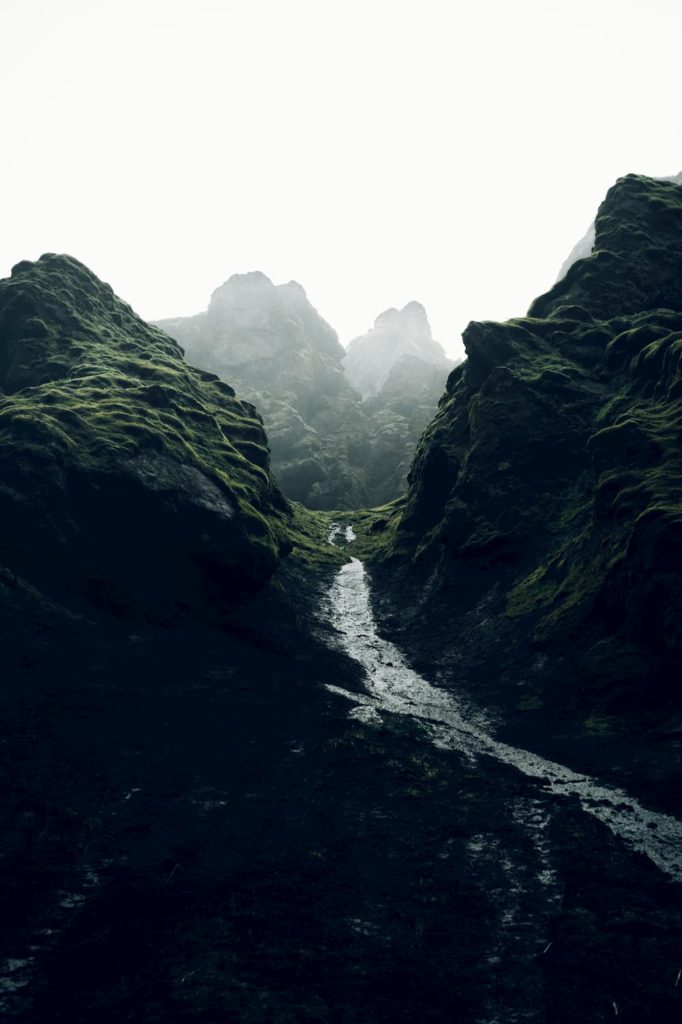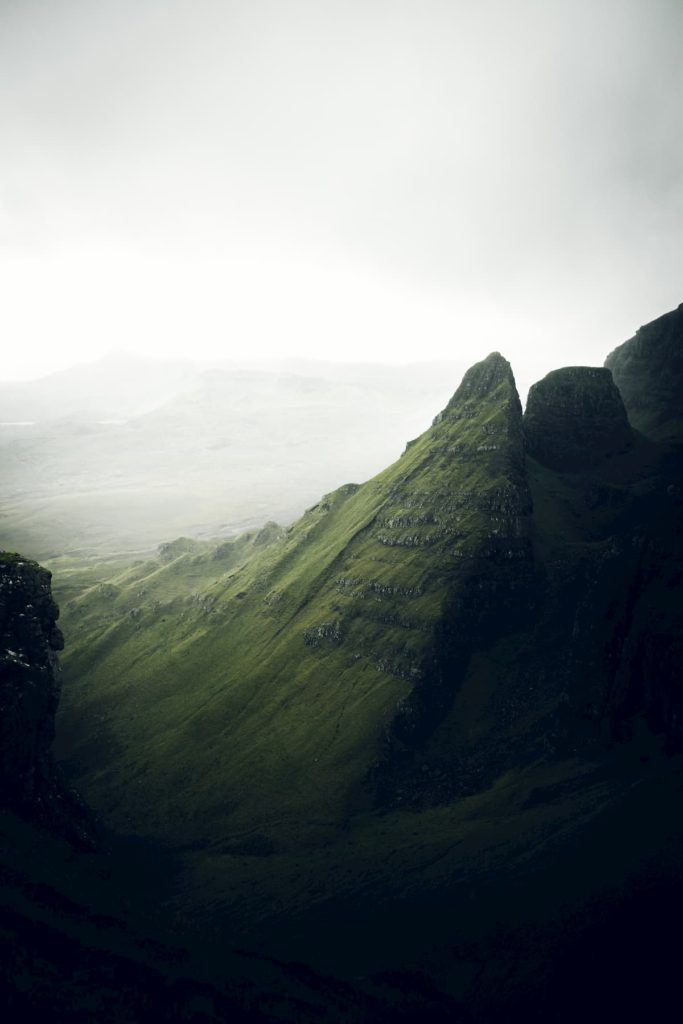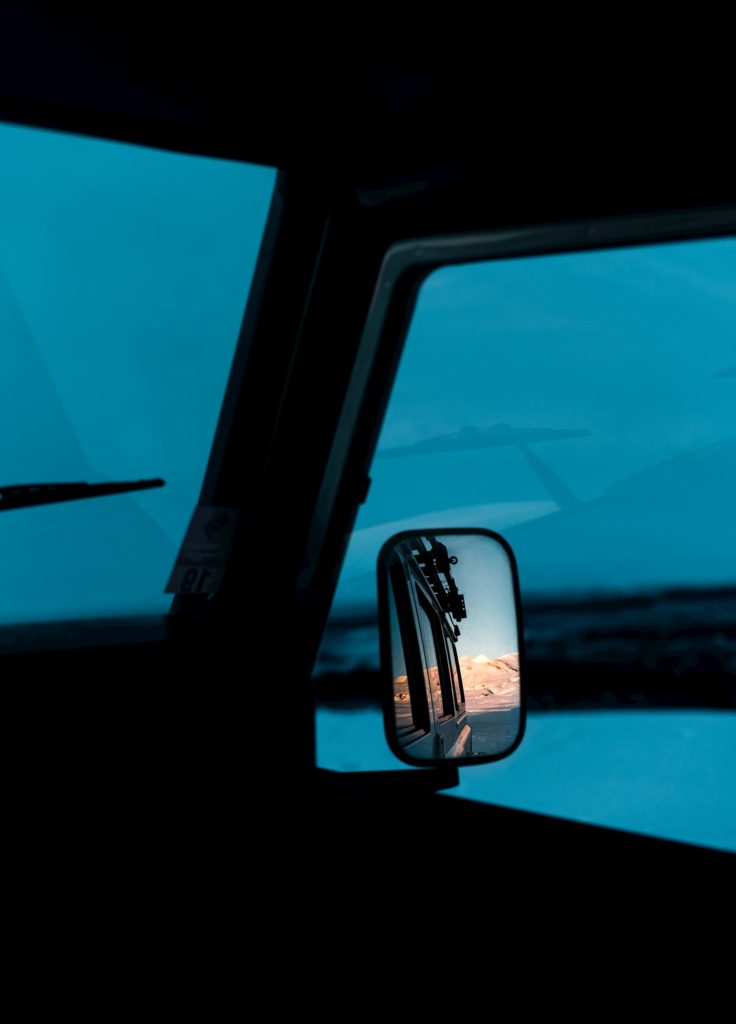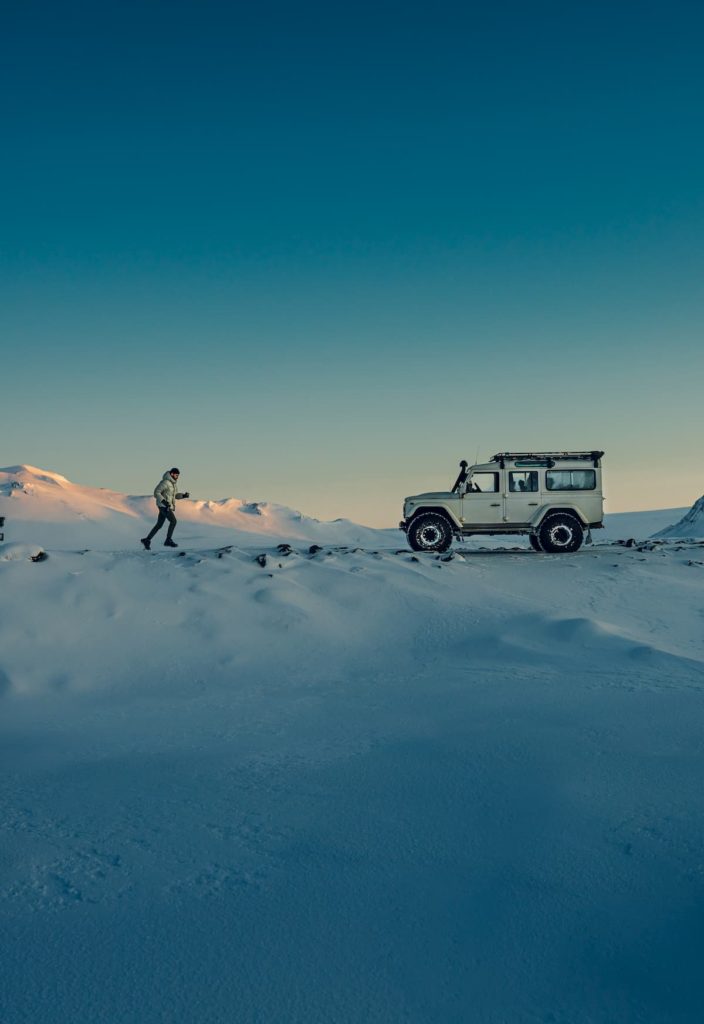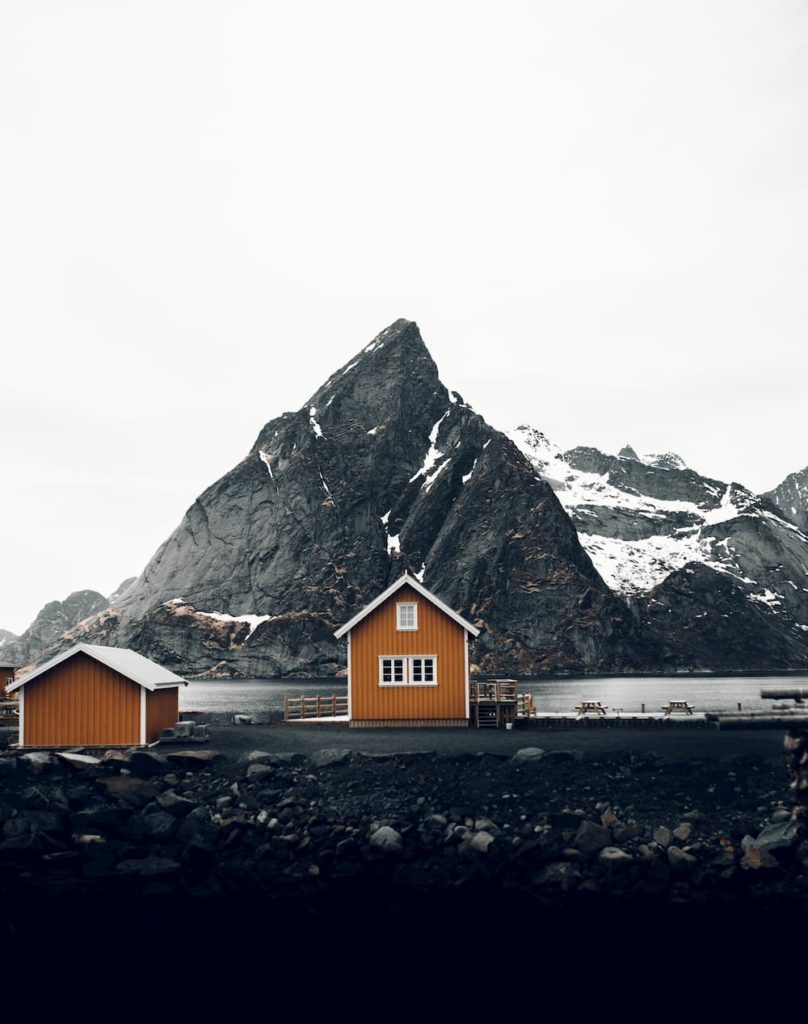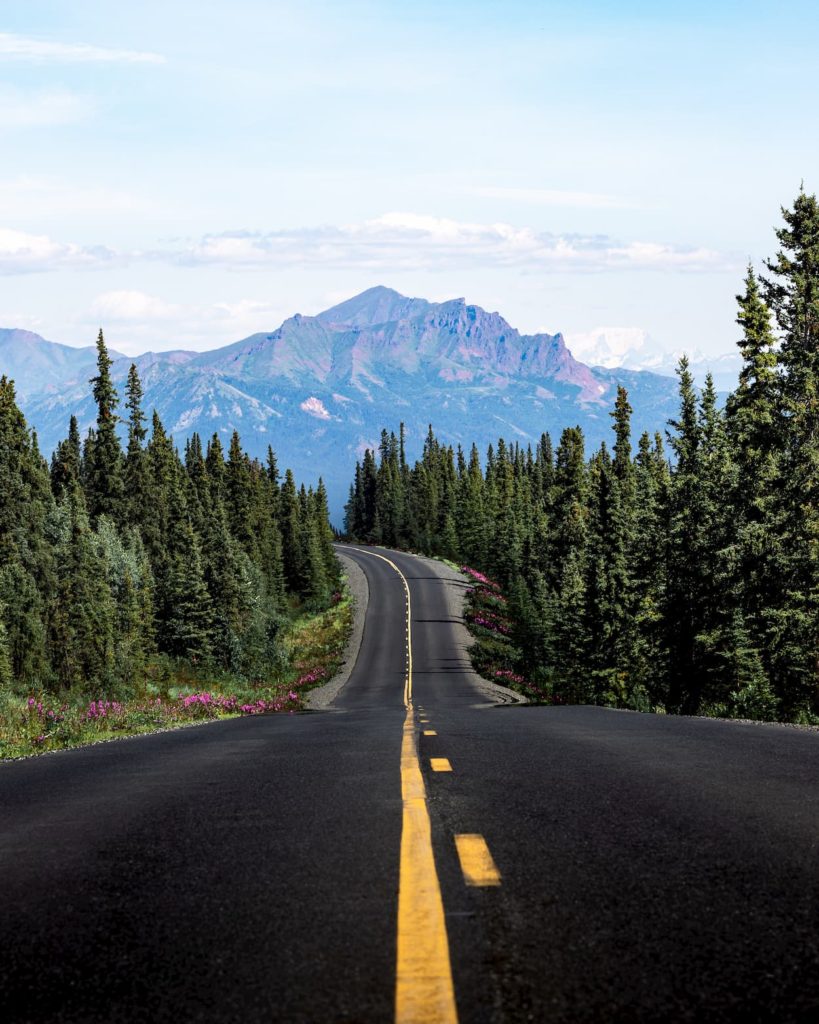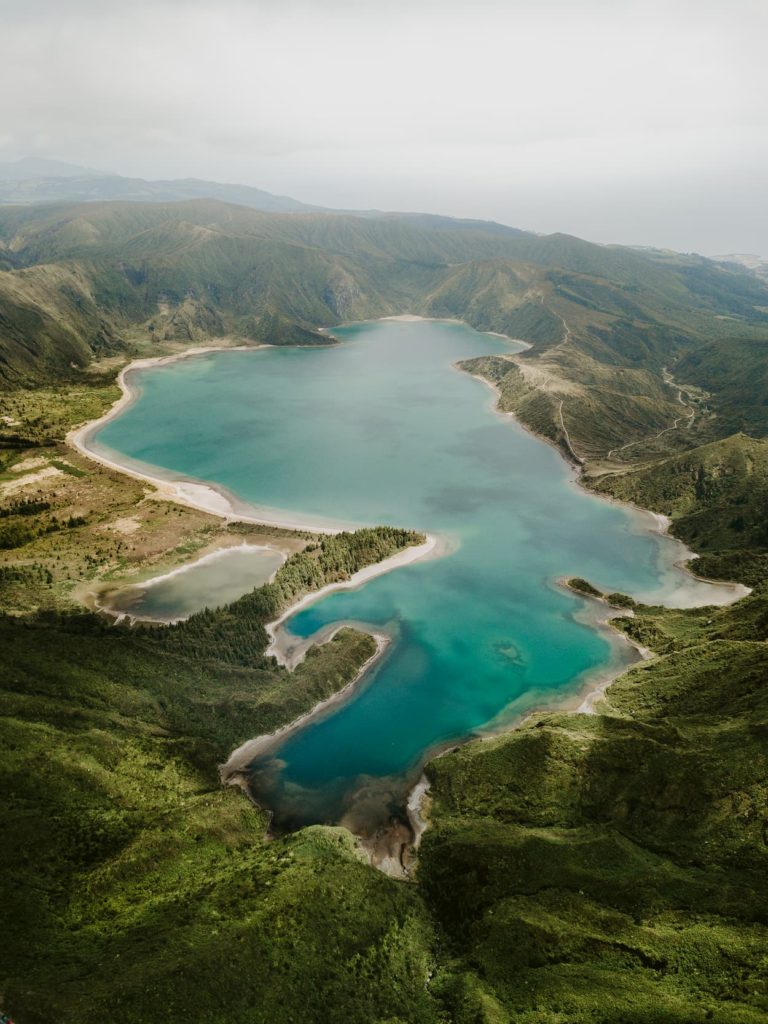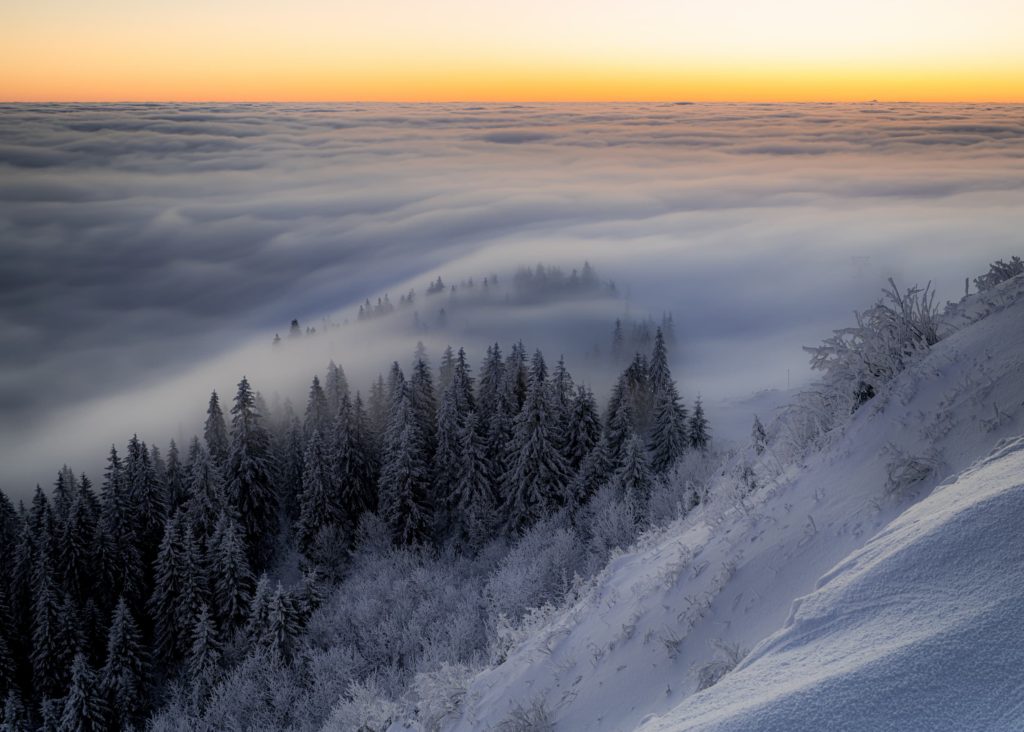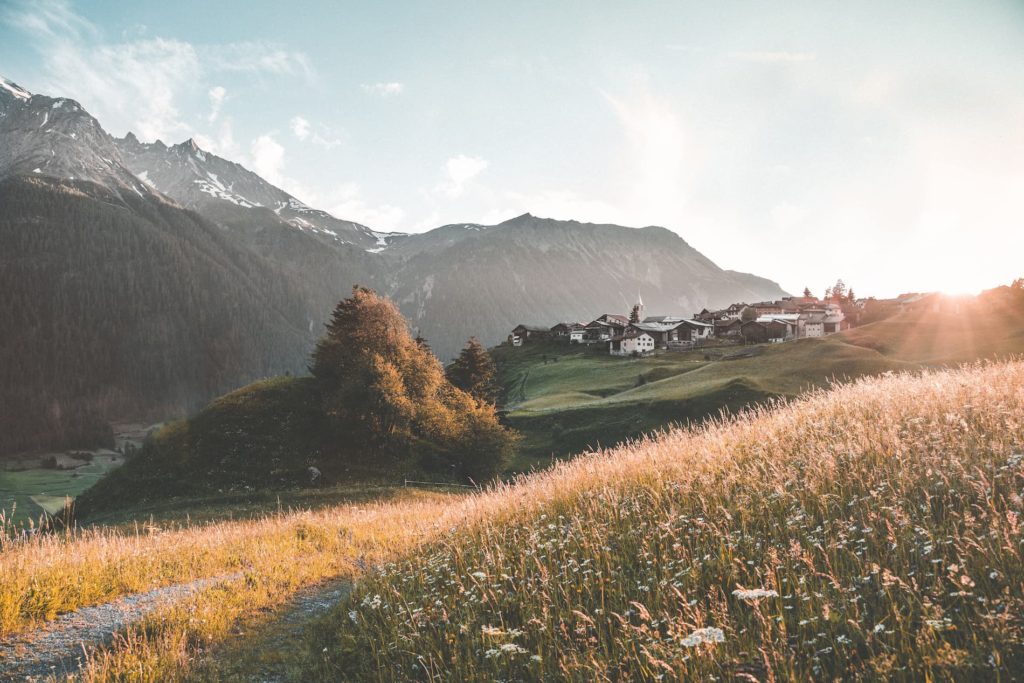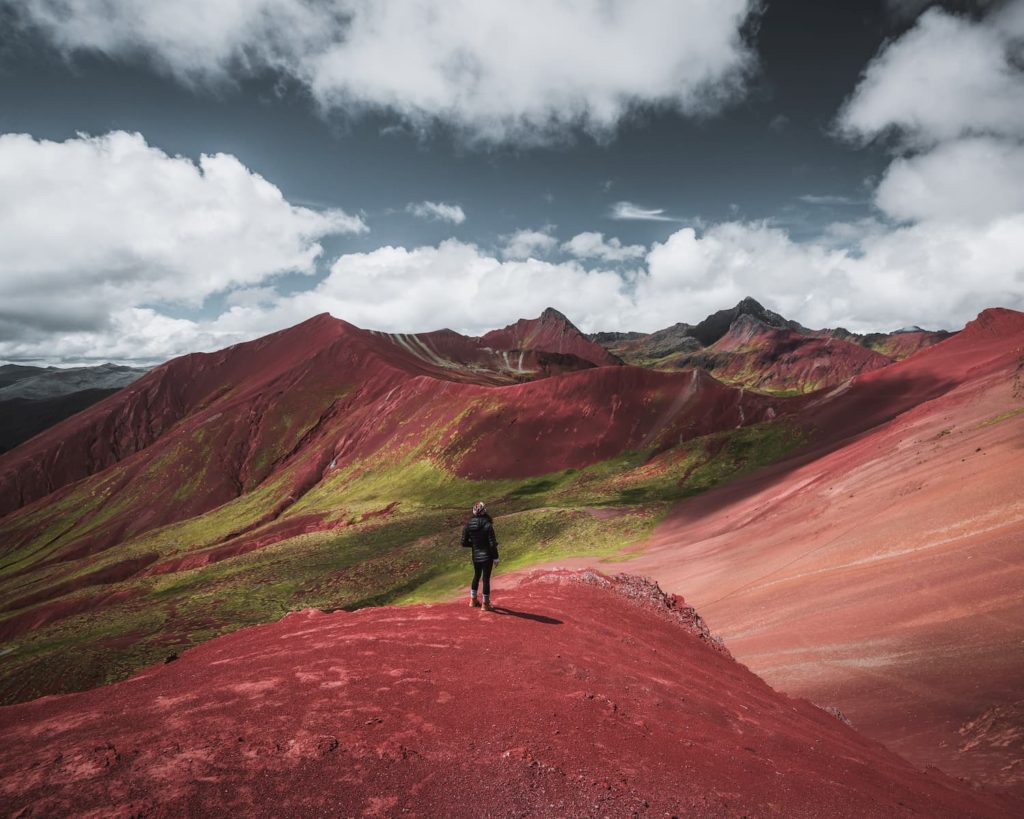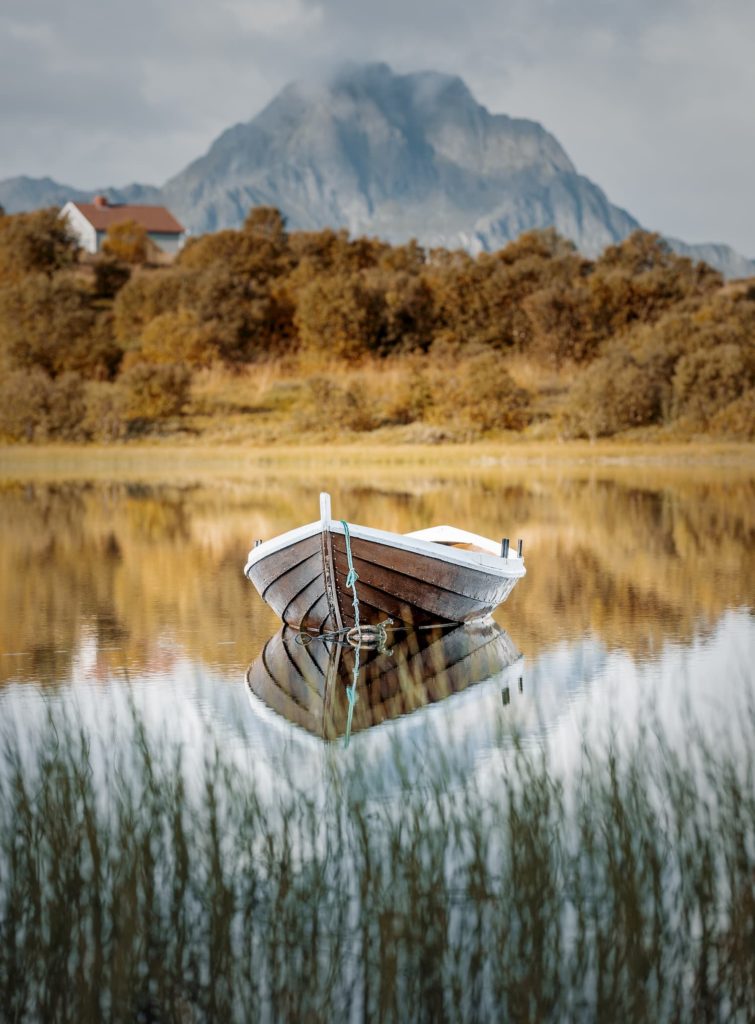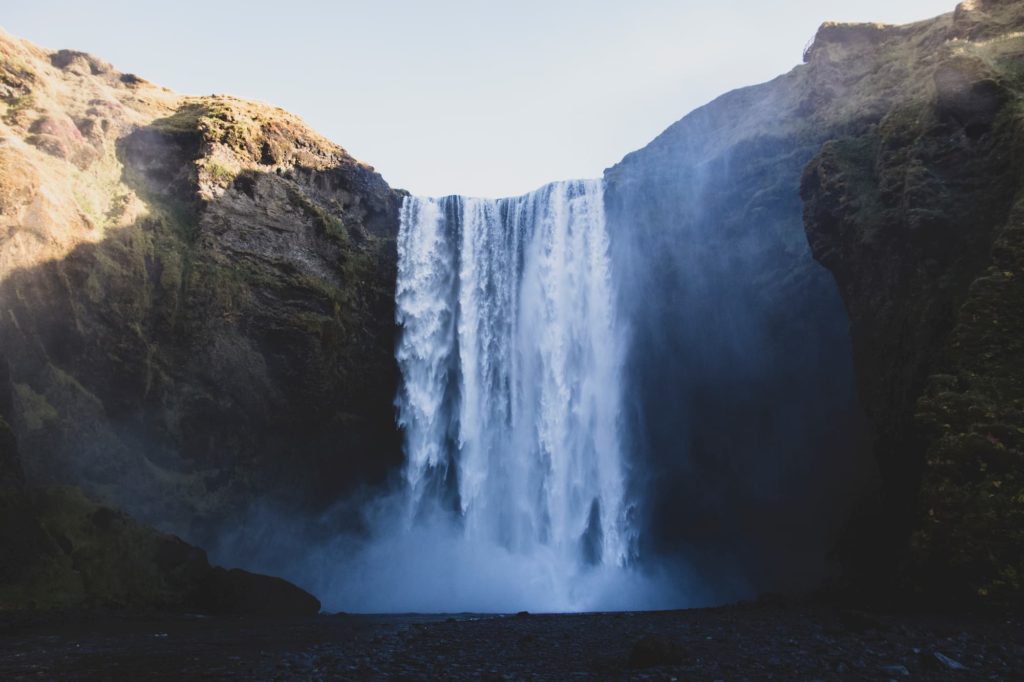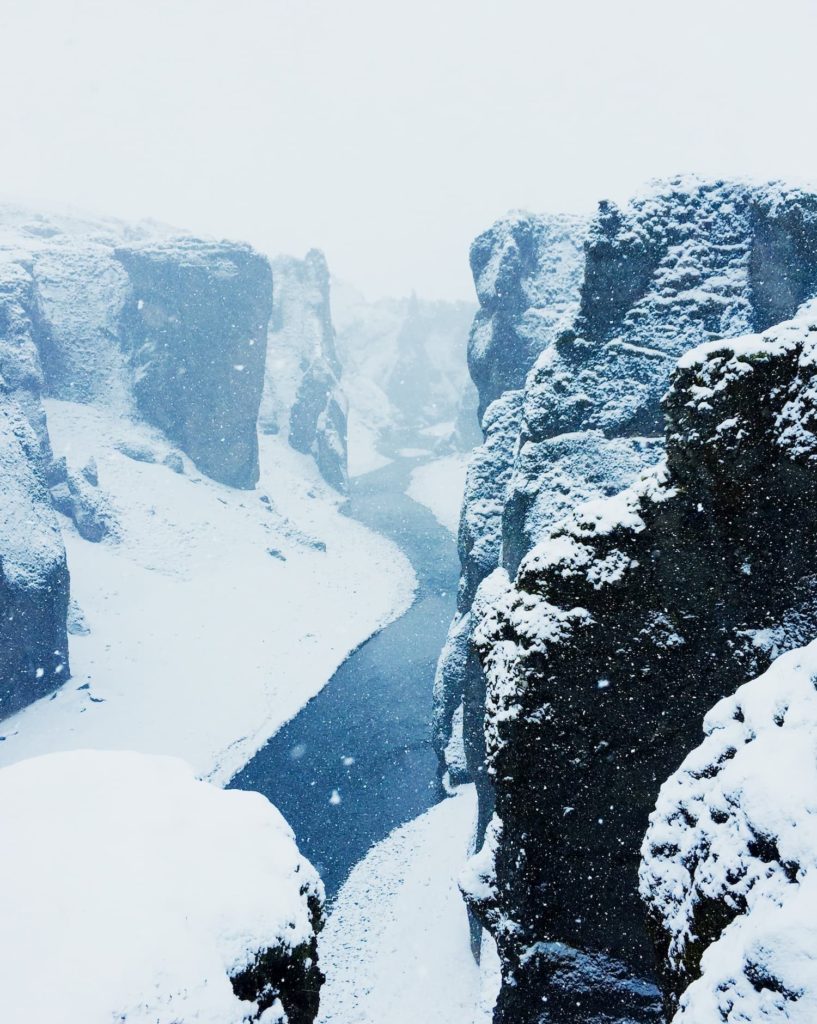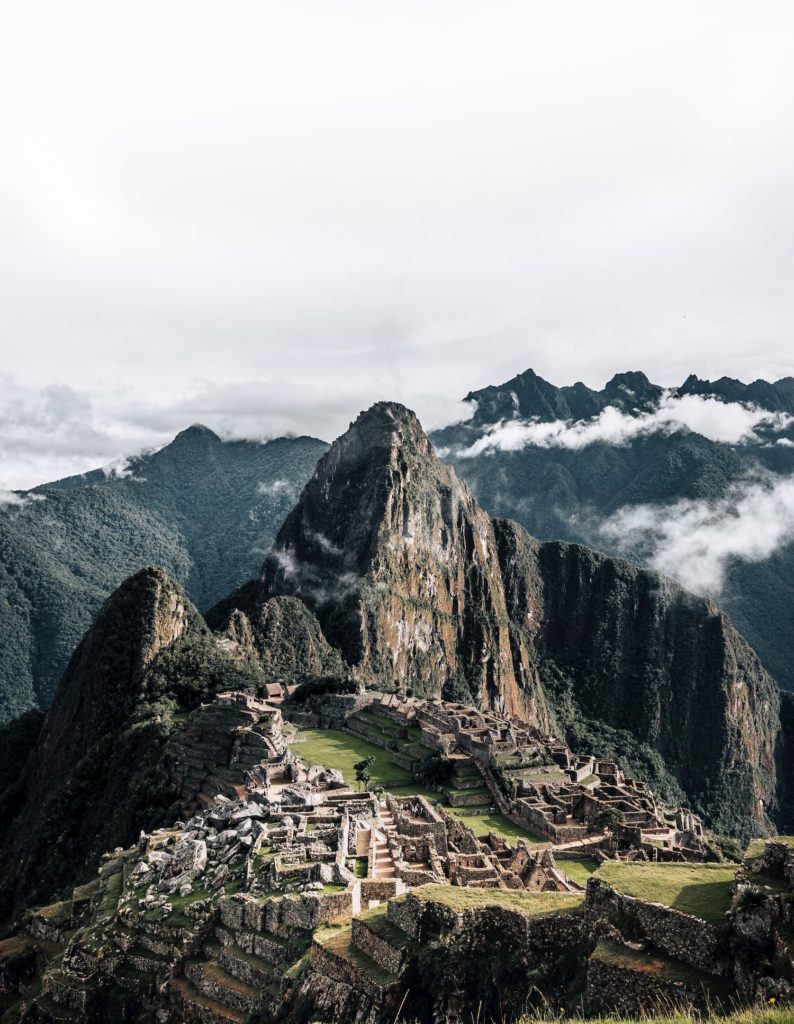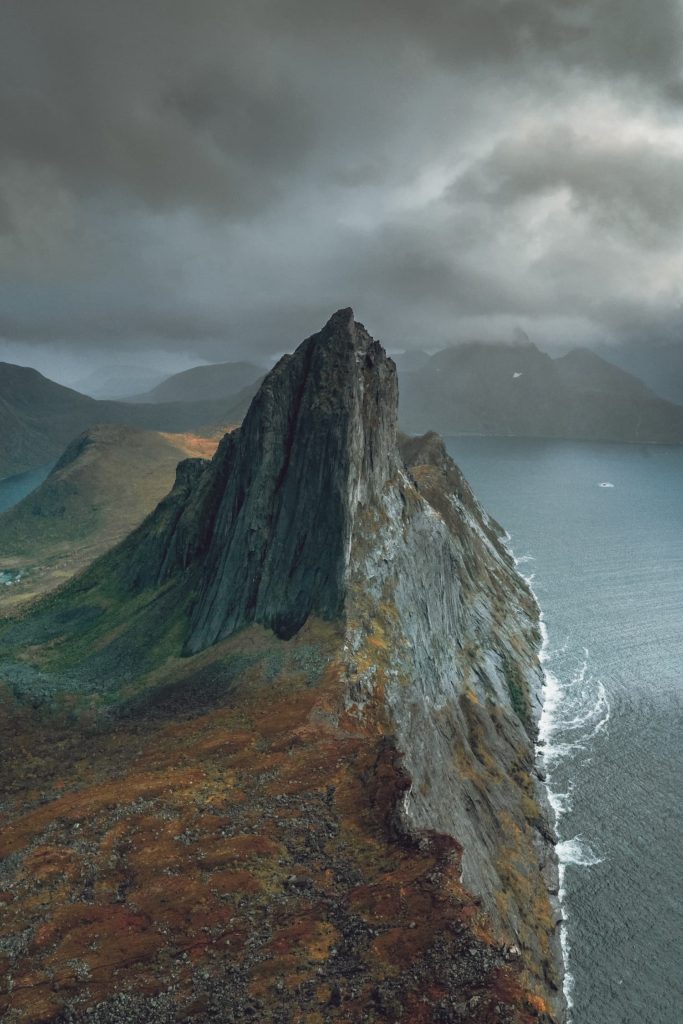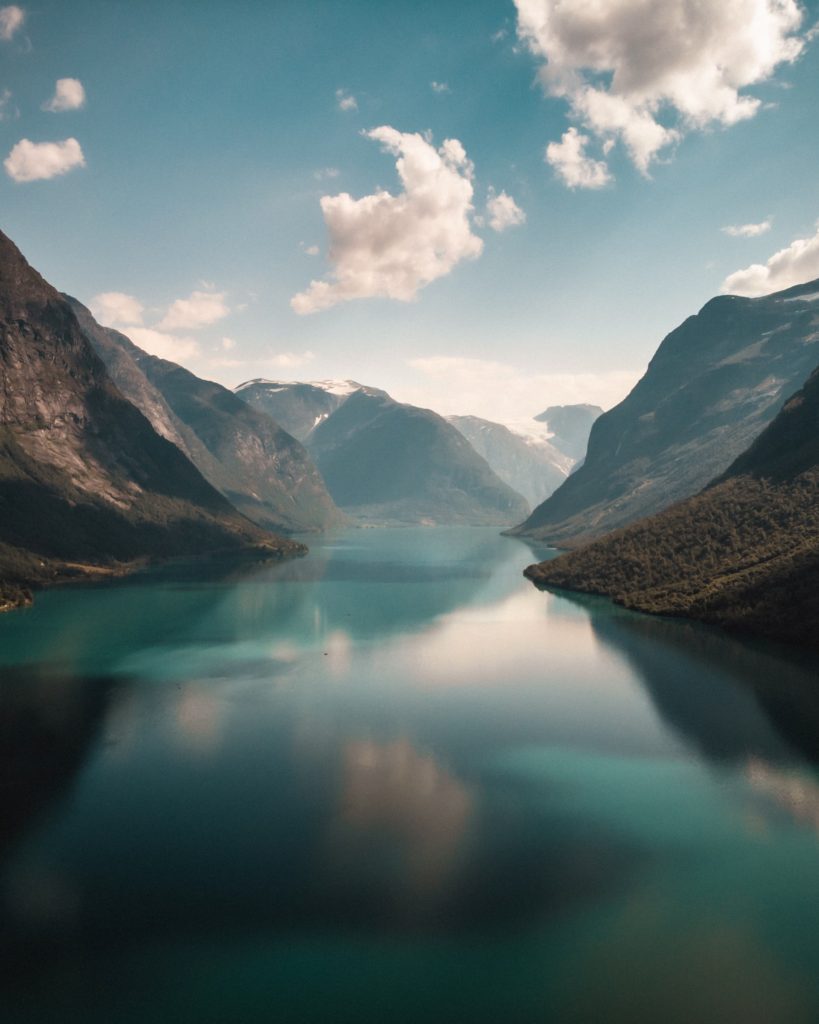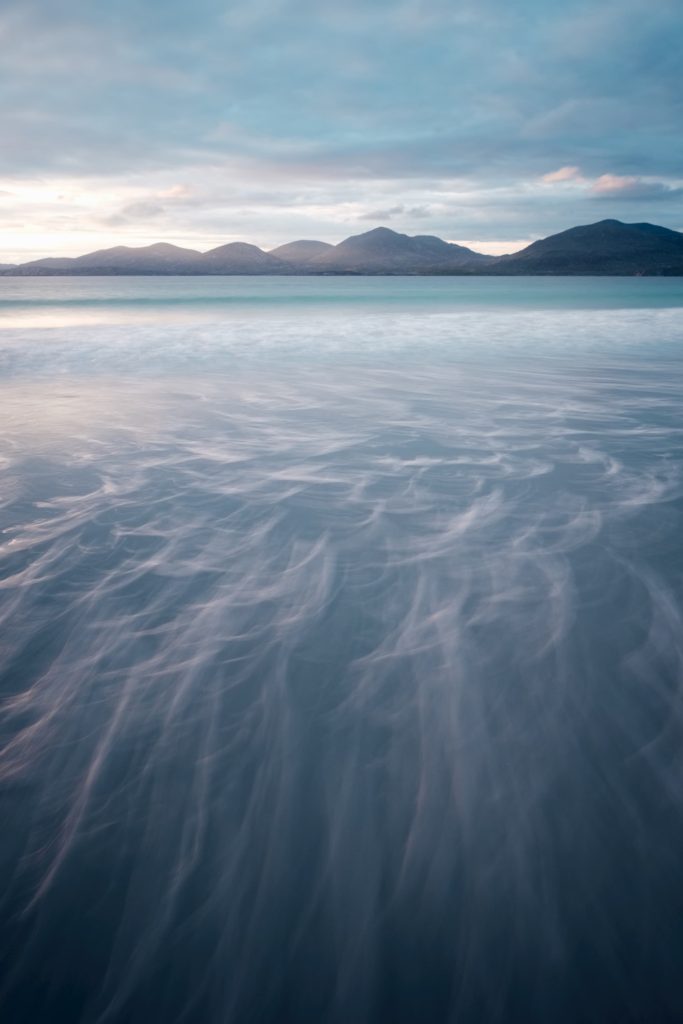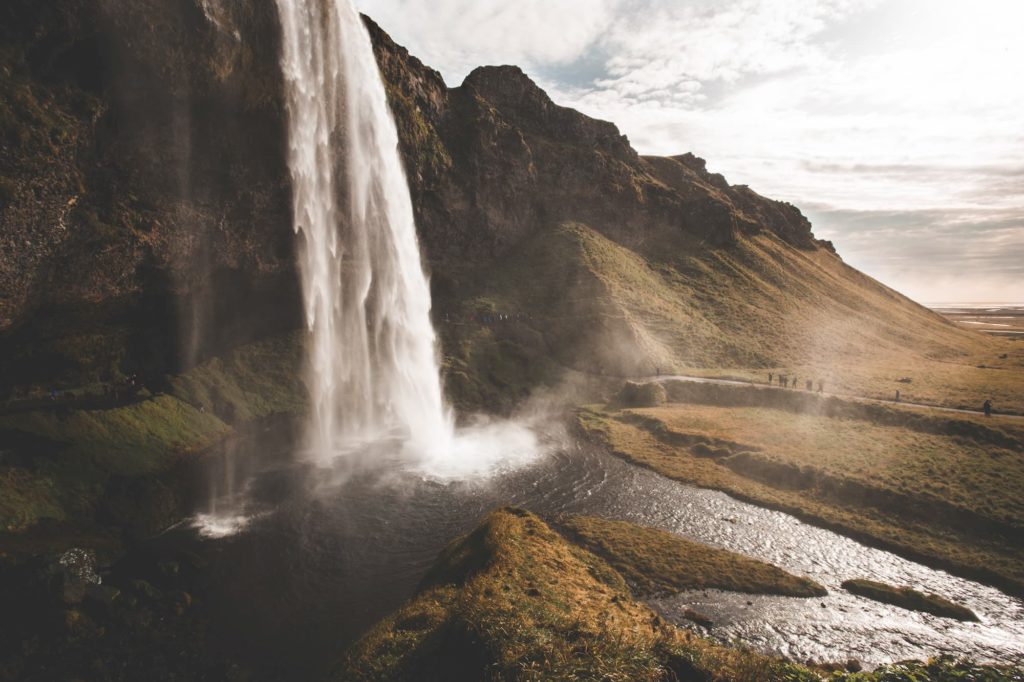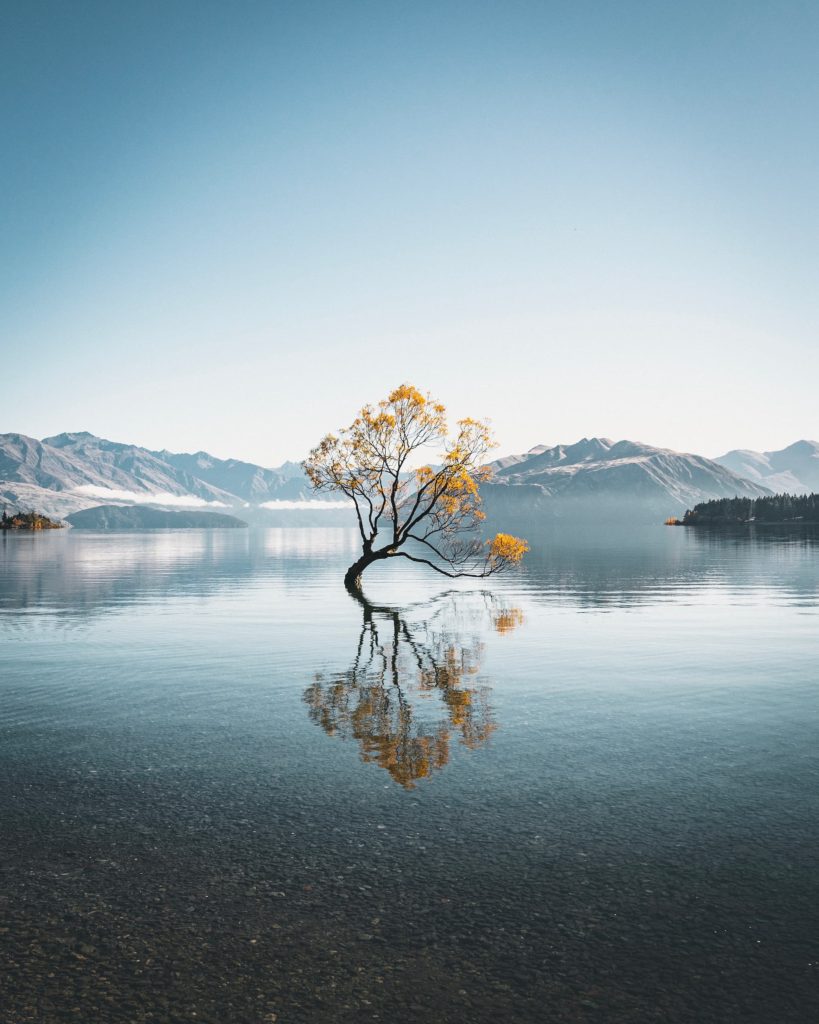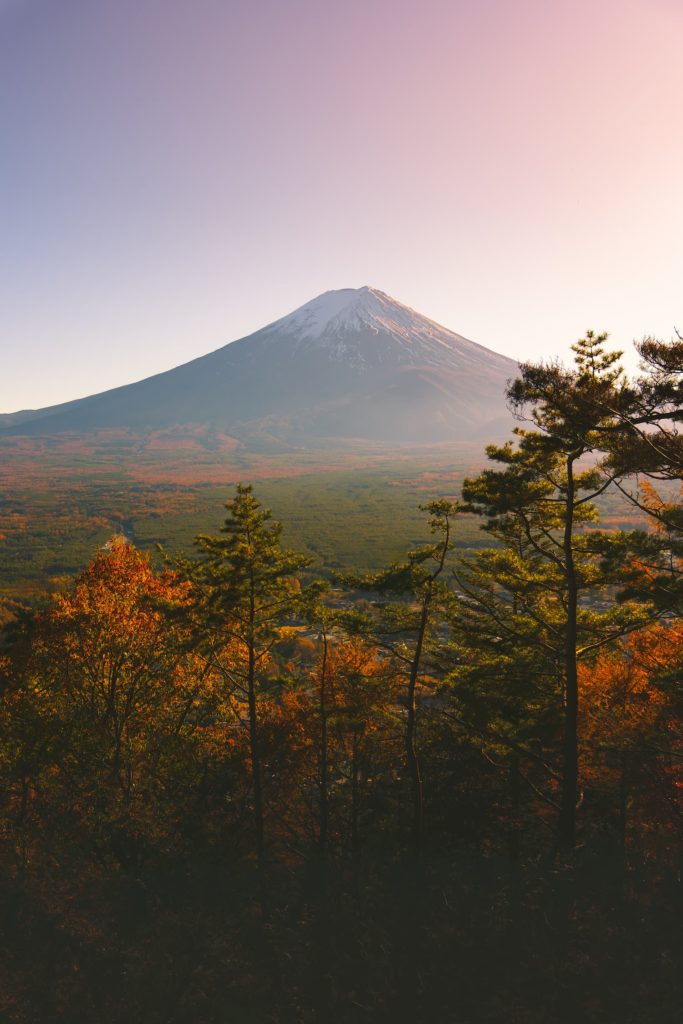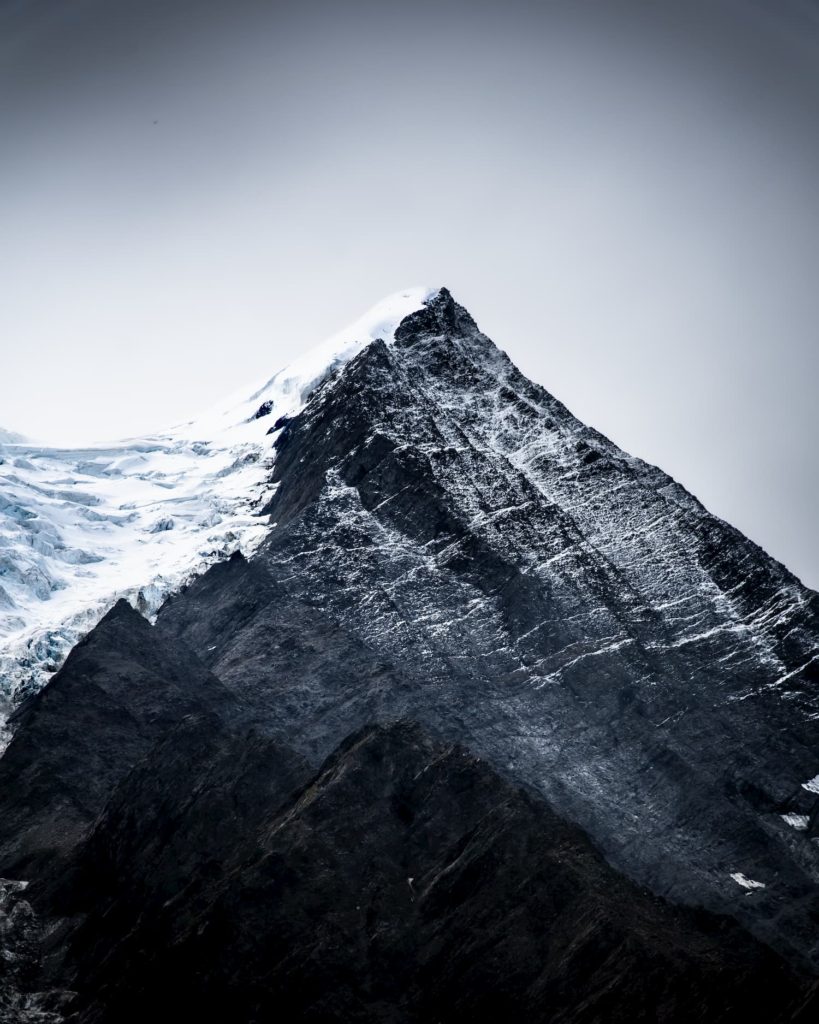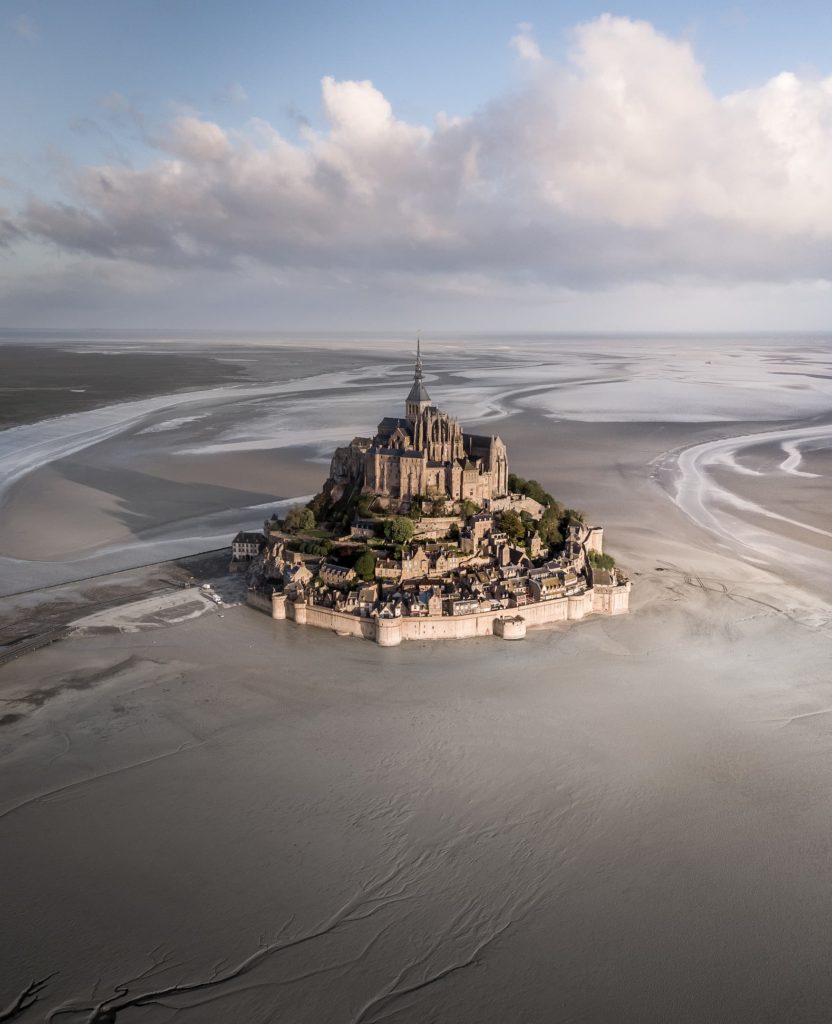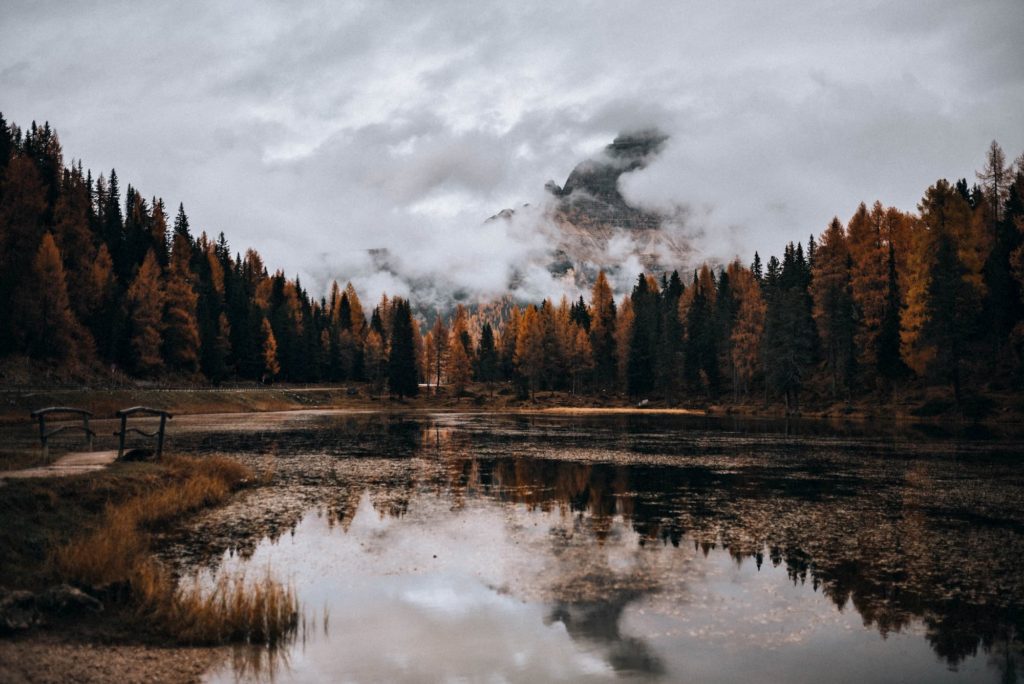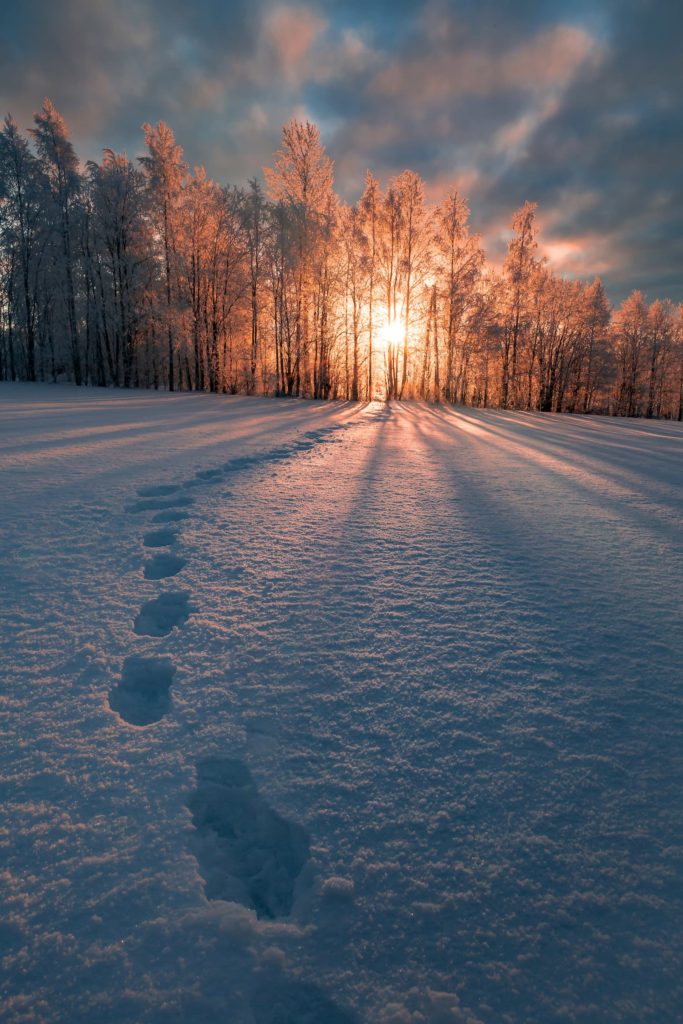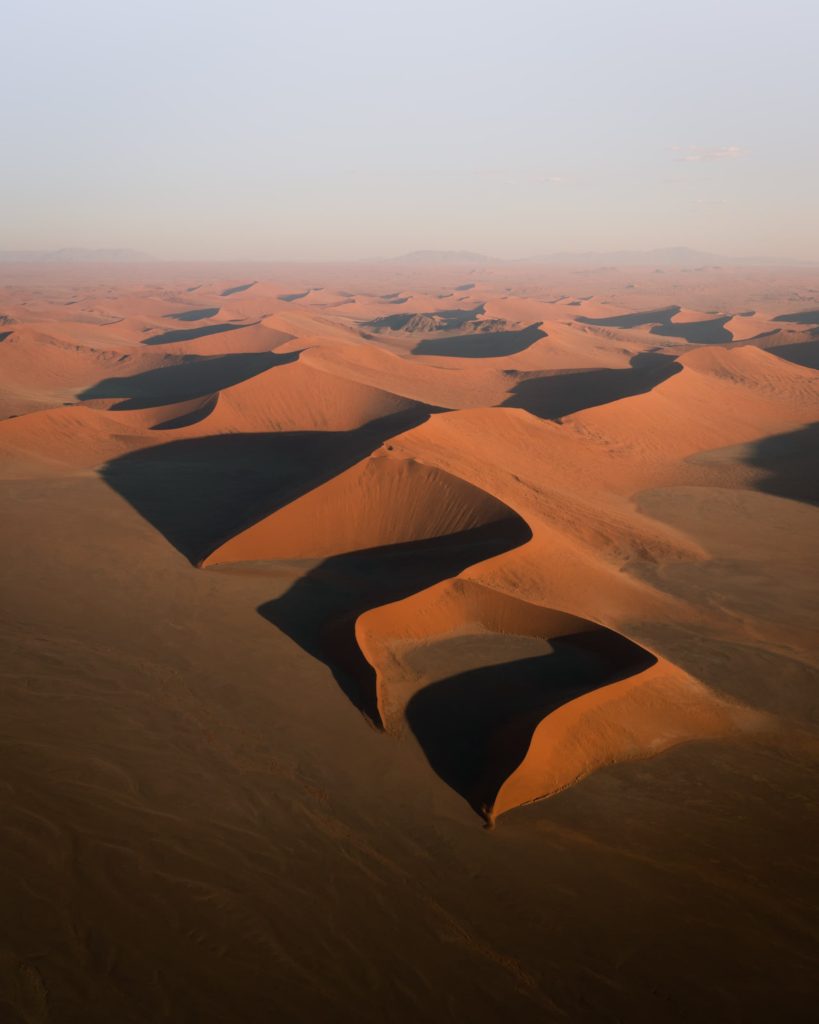
David Preissel
@david.prsl
Photographer based in Switzerland
David is an artist, photographer, and drummer from Switzerland. His passion for music and the Arctic North brought him closer to photography, and in his article, we get to know his background, creative vision, and most valuable experiences.
Understanding rhythm, harmony, and identity in photography through clicks and sounds
Music has accompanied me all my life and is now nicely intertwined with my photography. One way that music and photography are often related is through the concept of rhythm.
In photography, rhythm refers to the repetition of elements in an image, such as patterns, shapes, and lines. This repetition can create a sense of movement and flow, guiding the viewer through the image and creating a sense of unity and coherence. The repetition of shapes, patterns, and lines can help you create a rhythm, and the first two images presented below show you different variations where water plays a crucial role in telling a story in different ways.
Another way that music and photography are related is through the concept of harmony. In photography, harmony refers to the balance and proportion of elements in an image. So the placement of objects, the use of color, or the use of light and shadow. To create a sense of harmony, try using analogous colors. So colors that are next to each other on the color wheel. This series can give you a good insight.
Identity can be applied to both also. In this sense, I always followed my vision. It is a compliment when people know you took a photo by just looking at it. I think that music also influences my editing style. Since I am attracted to a certain melancholy in the music, this feeling is part of my images also.
In this sense, while editing, my favorite tool is the gradient filter which is now more powerful and allows me to direct the viewer through the image. I also do a lot with the HSL faders because they are so helpful in making specific colors stand out or make them less dominant. So these are two tools that can help you achieve harmony and rhythm in your work, and that will shape the identity of your work.
Full Article
Movies with stunning cinematography got me started with photography and film in the first place. I was fascinated by the impressive effects. For example Hero with Jet Li and the horror flick The Ring, back in the days. At the same time, digital cameras at affordable prices started to appear so I got myself a Sony Cybershot, a camera that ran on AA batteries and could literally just take 10 photos before the batteries were drained. Growing up on the countryside of Switzerland I was surrounded by nature and went on little photography trips around the house every day. Also being part of the deviantART community, long before Facebook and Instagram, was a real source of inspiration. Fast forward a few years it was a trip with friends to Lofoten in 2016 that made me fall in love with the north.
"Exploring Iceland completely on my own and going on an adventure with Benjamin Hardman in 2017 intensified this passion."
"I found this new hobby, though I have to say that music and playing the drums is my number one passion."
My parents got me a drumset when I was six years old after destroying all sorts of my moms kitchen utensils… And I never stopped playing – it always fulfilled me and it never felt like ‘work’ when I had to practise. It were always the people around me, my parents, my old bandmates and my own inner demon that kept pushing me to try harder. Sometimes things move forward a little slower, but that’s okay as long as it moves into an onward direction. It’s an inner drive I’m really grateful for as working on the things I’m passionate about just doesn’t feel like work. I have a day job as an IT Professional, so music is some sort of my main sidegig and photography together with travelling is something that keeps my creative batteries charged.
"Music has accompanied me all my life and is now nicely intertwined with photography."
When I travel I like to put together playlists that could be a fit to the landscapes I’m about to explore, it gives the trips somewhat a cinematic vibe. With one of my first bands I was touring extensively through Europe and besides my instruments, I always carried along my camera. For me that is awesome, having my most important ‘gadgets’ at hand, doing what I love in a new city. It is very inspiring to discover new places that way, finding an infinite amount of new subjects to photograph in each city and spreading your music with lots of people.
"I think that music also influences my photography and editing style - I'm allured to a certain kind of melancholy in music, which I think is reflected in my photography sometimes."
When I started photography there were very few sources available online that taught proper post production. I used Photoshop and just played around with the basic settings, but never quite got the hang of it or understood how people get these amazing edits already back in the early 2000s. Fast forward to 2015 my partner at that time was a Wedding Photographer, and quite a good one. She worked a lot with desaturation and always preached how “the whites should actually be white.” She had achieved a unique look through Lightroom which inspired me to start using Lightroom myself. I was advised to use VSCO presets as a baseline and to learn which looks are achieved through which settings. That helped me to get started.
I like these challenges; after going through several of them I feel now much more comfortable in terms of style and identity. I had a big “aha moment” when I first travelled to Iceland and witnessed these contrasts and colors. My previous editing style was rather following the trend of desaturation and soft blacks; this just didn’t do justice to these Icelandic landscapes. That was in 2017. I went for harsher contrasts ever since and kept on applying new Lightroom technics.
"While I still keep on experimenting, it feels natural to me now and I feel "at home" with my style."
I always wanted to make sure to follow my own identity and content, even if in terms of IG algorithm it sometimes means less growth. Using a popular editing formula may generate great photos and a huge following, but it would also be hard to tell your work apart. I rather try out something new and develop a recognizable style over time. In the end, the most amazing compliment is when people know you took the photo just by analyzing it.
"Actually, I gave a Lightroom workshop at a school in Switzerland where I taught Art teachers during a short development course what they could do."
I taught them the basics to get started in Lightroom and we looked into different kinds of editing styles from portraits to landscapes. While going top-down through the Lightroom tools explaining them, I displayed a photo in its before and after state and as an exercise the group had to get to the after state on their own, which was fun. My personal favorite tool is the gradient filter – it became really powerful over the years and really helps to direct the eyes of the viewers. I also do a lot with the HSL faders because they’re so helpful making certain colors stand out or make them less dominant.
"I have had a few "aha" moments learning from talented people."
You know, sometimes you get caught up in your own little bubble and think you “got it”, but then you meet other people or find yourself in situations that make you realize there is still more that you don’t know than that you know. This can be confronting sometimes, but I’m always able to turn it into an inspiration boost. The first time I set foot on Iceland I didn’t know what surprised me most; if it were the colors, contrasts, shapes, landscapes… Never before had I seen such an outer worldly landscape. That time I also had the chance to explore Thorsmork valley with Benjamin Hardman for a day. He knows the ins and outs of Lightroom, which was a huge learning to me. Getting to know him was very special and I noticed how much we have in common.
"He was also a touring musician before he made the life changing step to permanently move to Iceland - a story that truly inspires me as I can understand it so well."
"On top of all that, it was my first trip ever completely on my own, which was an adventure on itself."
There’s a certain kind of melancholy in the north which I can’t quite put into words. The light, weather and surroundings just add up to a kind of mood and atmosphere that I learned to love. When I think of my adventures in the north, the first thing that comes to my mind is how I got to meet wolves in the Arctic Norway, Bardu. It was winter and not a travel season when I went to explore northern Norway around the Senja region. Before going there I had read about a Polar Park where you can meet wolves in a controlled environment. I wrote an email and was accepted. In the end it was just me with two caretakers who went in. Usually they do these visits with a group of 8, but due to offseason I was alone. First I had to undergo a 15-minute training of the do’s and don’ts.
"In the Polar Park they always preach "let the wolves be wolves" so you weren't allowed to approach them yourself. They had to come to you voluntarily. And they did, much more than I expected!"
You bring in new scents and you are a very interesting subject to the wolves. To connect with them, you’ll have to go down on your knees and let them lick your mouth, it’s their way to get a glimpse of you and socialize – I was so nervous! The caretakers said “they can smell the adrenalin, but don’t worry they’re used to it…” Simply amazing – the wolves in Norway, and flying over Iceland with a small plane to capture the river patterns over the Highlands. I would say that these are my most impressive experiences.
"I'd say of myself that I'm bit of a lone wolf type of person and really enjoy going on trips on my own. In the end I highly believe that it's all about a balance."
While I enjoy roaming on my own, I really like to get social when I get back to a town in the evening or when travelling in groups. It’s interesting, the effect a group’s dynamics can have on you – it’s so insightful and you learn so much. Be it about life, travelling, photography or weird liquorice powdered almond snacks. There is always someone and something that challenges or changes your usual way of thinking and doing. There’s so much that we don’t know, traveling and interacting with a diverse group of people helps us to realize that, which in return allows us to adjust our worldview and simply.. be a better human being.
Would you like content like this sent to your inbox?
MUST READ STORIES OF MAY
MUST READ STORIES OF APRIL
MUST READ STORIES OF MARCH
MUST READ STORIES OF FEBRUARY
MUST READ STORIES OF JANUARY
NOMADICT
ART GALLERY
THE LATEST STORIES
WRITEN WITH PASSION TO INSPIRE YOU
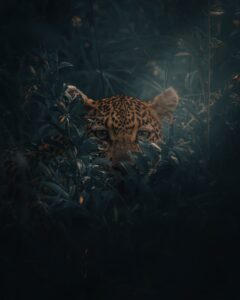
Andy Rider (@andyswildlife): Best of the Week 2 at #nomadict
Andy Rider is a passionate wildlife photographer and filmmaker based in South Africa, dedicated to capturing the raw beauty of nature while raising awareness about conservation. Inspired by legends like Steve Irwin, his journey began as a field guide, where he honed his skills and developed a deep respect for ethical wildlife photography.
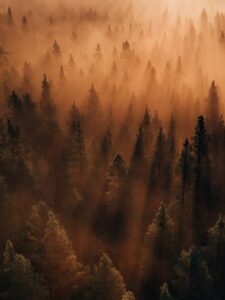
Philipp Pilz (@buchstabenhausen): Best of the Week 43 at #nomadict
In this article, photographer Philipp shares how time, clarity, and consistency have shaped his evolving relationship with nature photography. Drawn ever further north, he writes about embracing uncertainty, working with restraint, and finding beauty even when plans fall apart — including the unlikely story behind his Best of the Week–winning image.
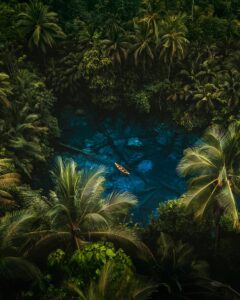
Tom Fähndrich (@tofenpics): Best of the Week 47 at #nomadict
Tom shares the journey behind his winning photography, from a passion for exploration and remote places to field lessons, composition choices, and color grading.
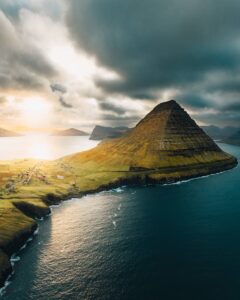
Photo tour in the Faroe Islands
Join us in the Faroe Islands for a unique photo tour, where you’ll elevate your creative skills with expert guidance from Ronald Soethje and Nomadict.
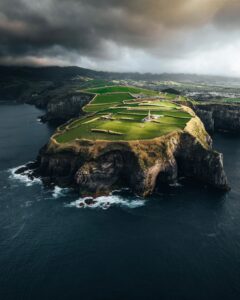
Photo tour in Azores, Portugal
Join us in the Azores for a unique photo tour, where you’ll elevate your creative skills with expert guidance from Ronald Soethje, Bruno Ázera, and Nomadict.
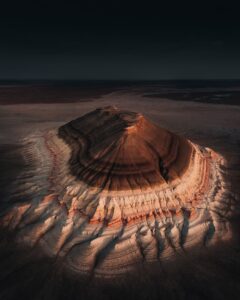
Forest Kai (@forest1kai): Photographer based in the US
In this article, Forest shares how years of chasing scale, silence, and raw landscapes shaped his approach to photography, from the deserts of Kazakhstan to the volcanic ridges of Iceland. He talks about how he uses light, texture, and vast negative space to create images that feel both intimate and overwhelming.
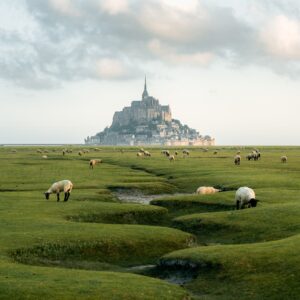
Simon Hechtbauer (@roamwithsimon): Best of the Week 32 at #nomadict
Simon shares the journey behind his photography, from early inspirations to field techniques, editing, and the story of the winning shot that shaped his path.
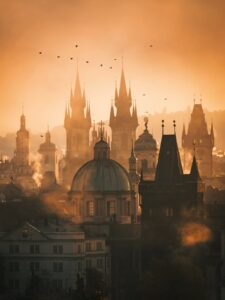
Miroslav Maršík (@miromarsik): Photographer based in Czech Republic
In this article, Miro shares how his love for cinematic music evolved into a deep passion for photography and how he uses light, color, and atmosphere to turn the streets of Prague into living film scenes.
